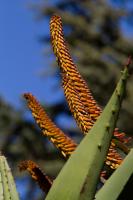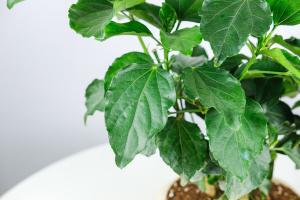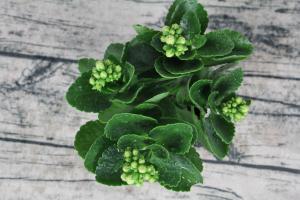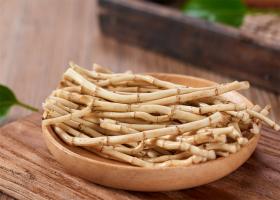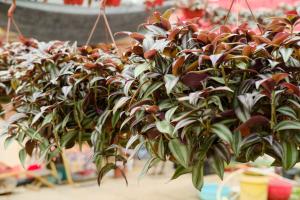Will Ants Kill Tomato Plants?
Many gardeners struggle with ants invading their tomato plants, but do ants actually pose a threat to their survival? The short answer is no, ants do not directly kill tomato plants. However, their constant presence and activity around the plants can lead to other issues that can harm the plants.
Ants and Aphids
One of the main concerns with ants in the garden is their relationship with aphids. Ants are known to farm aphids for their honeydew, a sweet substance that aphids excrete when they feed on plant sap. In exchange, ants protect the aphids from predators and move them to new plants for a fresh food source. This can be detrimental to tomato plants because aphids weaken them by sucking the sap out of their leaves and stems, causing stunted growth and yellowing.
Ant Nests and Damage
Ants can also cause damage to tomato plants by building their nests near the roots or stems. An ant nest can create air pockets in the soil, which can cause the plant to dry out faster and lead to wilting. Additionally, the tunnels that the ants create can damage the root system, leading to nutrient deficiencies and poor growth. Finally, ants can physically damage the plant by chewing on the stems, causing wounds that provide entry points for fungi and other pathogens.
Preventative Measures
To prevent ants from harming your tomato plants, there are several measures you can take. First, remove any aphids from your plants if you see them. This can be done by blasting the plant with a strong jet of water or using an insecticidal soap. Removing the aphids will remove the ants' food source and discourage them from staying. Second, try using companion planting to deter ants. Plants like mint and marigold can repel ants, and planting them near your tomato plants can create a natural barrier. Third, create physical barriers around the base of the plant to deter ants from building their nests. You can use sticky tape or even petroleum jelly to create a slippery surface that ants cannot climb. Finally, if all else fails, you can use a bait trap to lure the ants away from your plants. Place the bait trap far from your garden to prevent them from returning.
Conclusion
While ants themselves do not directly kill tomato plants, their presence can lead to other issues that can harm the plants. The best way to prevent ant damage is to remove their food source and create physical barriers to deter them. With a little bit of preventative care, you can keep your tomato plants healthy and thriving.

 how many times do yo...
how many times do yo... how many planted tre...
how many planted tre... how many pine trees ...
how many pine trees ... how many pecan trees...
how many pecan trees... how many plants comp...
how many plants comp... how many plants can ...
how many plants can ... how many plants and ...
how many plants and ... how many pepper plan...
how many pepper plan...